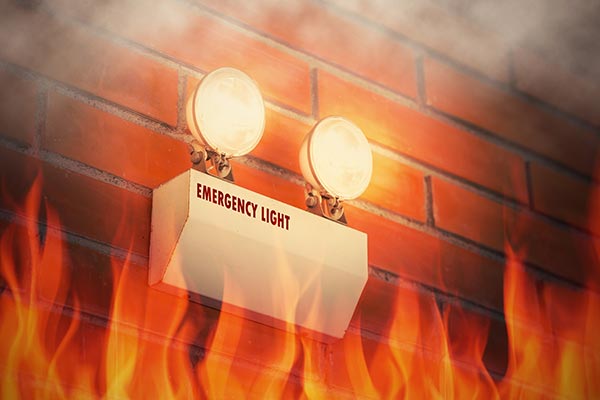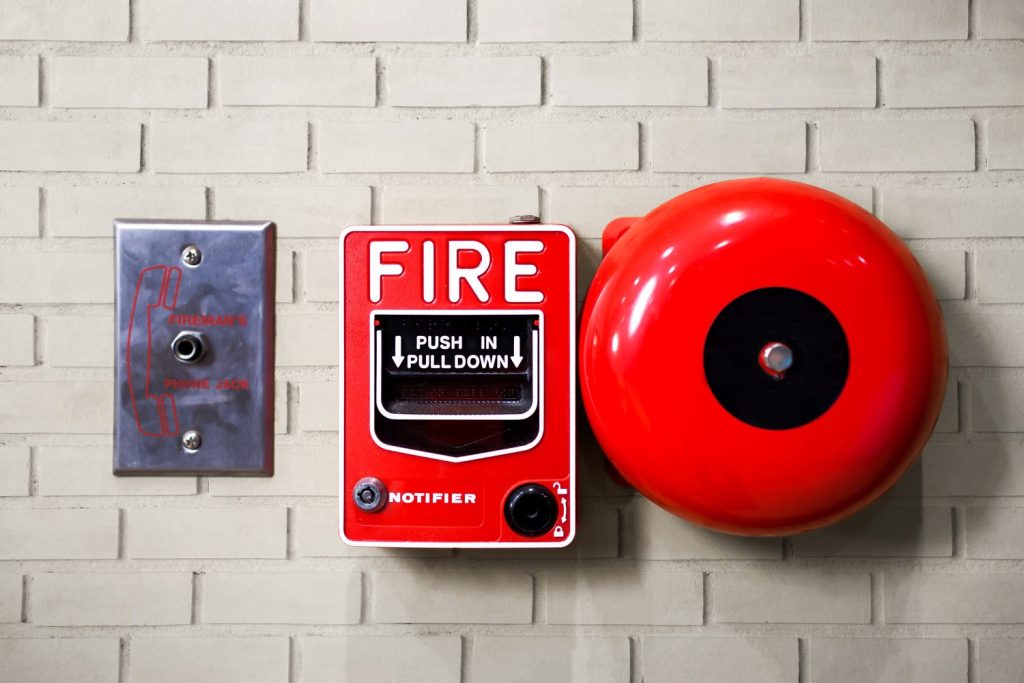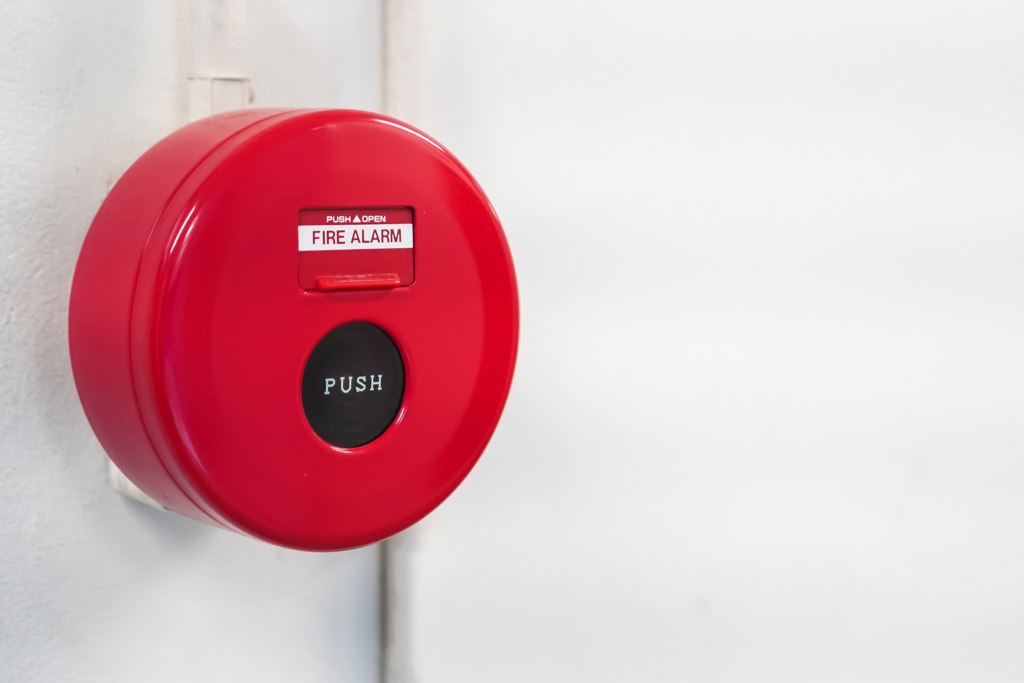Fire Alarm & Emergency Lighting Certificate
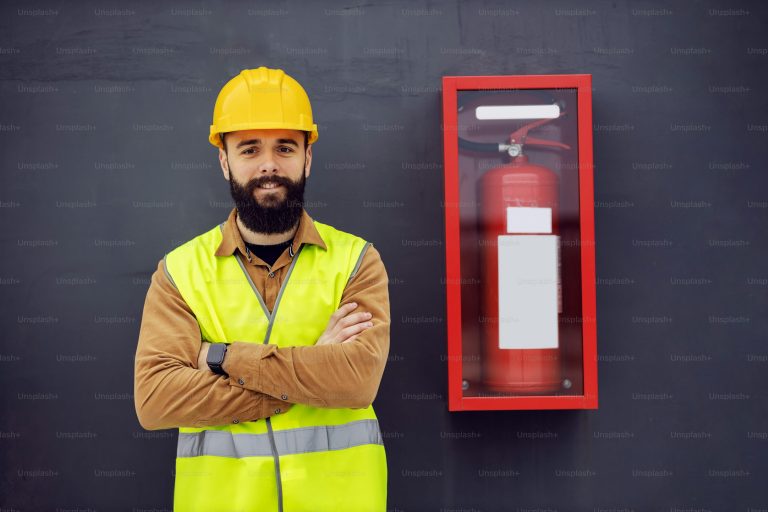
Fire Safety Certificate
Grade D Fire Alarm System
Easy Online Booking
Confirmed Appointments
Fixed Pricing
Easy Online Booking
Confirmed Appointments
Fixed Pricing
Our Price List
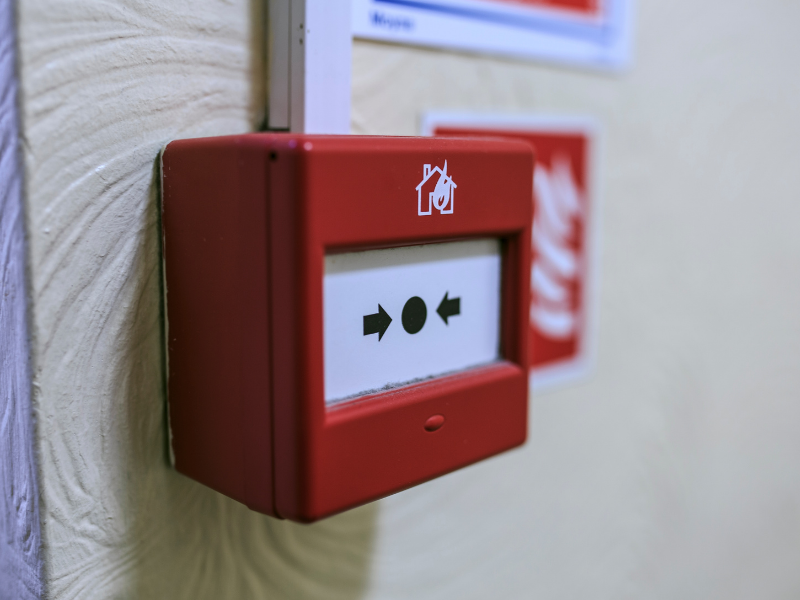
Fire Service
In Grade D there are two types of coverage:
LD2 coverage is awarded to a property that has hard-wired mains interlinked alarms in every room, hallway, lounge, and kitchen.
Emergency lights are used for various reasons as follows;
- Loss of power
- Failure to the lighting system
- Fire
- Guest Access
- Public Access
Emergency Light testing should be carried out on a regular basis. Once completed the emergency light test readings should be placed in the log book provided for recording keeping. This will include the time and date. Once completed by a contractor you should also receive a emergency light certificate. Our skilled engineers carry out a variety of tests on your lighting systems:
- Each light is inspected to ensure the bulb is functional and the housing is secure and undamaged.
- All the lights are isolated from their electrical supply for three hours to ensure they can maintain illumination for the required period of time.
- Tested areas are inspected to ensure that they have sufficient emergency lighting and signage.
Failure to comply with these requirements can result in prosecution. You could ultimately end up in a criminal court if there is serious injury or death; as a failure to comply with the emergency light testing procedures.
Frequently Asked Questions
Frequently Asked
Questions
The required landlord certificates vary depending on your property's location and the type of tenancy. Common certificates include Gas Safety, Electrical Safety, Energy Performance (EPC), and Legionella Risk Assessment. It's essential to check local regulations to ensure full compliance with legal requirements for your property.
Landlord require these certificates:
1. Gas Safety Certificate (CP12):
- Shows work done by a Gas Safe-registered engineer to ensure gas appliances meet safety standards.
- Landlords must have an annual gas safety check, and results are recorded in the Gas Safety Record.
2. Electric Installation Condition Report (EICR):
- An EICR identifies potential dangers, defects, and damages in a property's electrical installation. It also offers recommendations for improvement.
- As of April 1st, 2021, landlords are legally required to obtain an EICR every five years.
3. Portable Appliance Testing (PAT):
- Recommended for properties with portable appliances.
- An electrician conducts a PAT, providing a report with test results and a pass/fail label.
- Landlords should supply tenants with records of inspections.
4. Energy Performance Certificate (EPC):
- Rates a property's energy efficiency on a scale from 'A' to 'G'.
- All rental properties must have a rating of at least 'D'.
- EPCs are valid for 10 years, but major energy-efficiency upgrades may warrant a new certificate.
Your EPC is valid for 10 years, Gas safety certificates for 1 year and EICRs last for 5 years.
Yes, a carbon monoxide alarm is required in any living space with a fixed combustion appliance, excluding gas cookers. A fixed combustion appliance is any appliance where fuel is used to generate heat, examples of these are gas boilers and gas fireplaces.
Usually it’ll be in your inbox within 48 hours. You can view and download your certificate in your dashboard, too.
Sure. We’ll call or text when we’re 30 mins away to give you a heads up.
We cover all areas of London inside the M25 motorway
Of course - let us know their contact details, and we’ll take care of the rest
Yes! We’ll let you know when your certificate is due to expire, and then get it booked in for you at a time that suits.
We offer AM (8-12) and PM (12-5) appointment slots with a 30-minute notice when we're on our way. Due to the duration of previous jobs and traffic, we're unable to guarantee an exact arrival time. However, please do not hesitate to contact us for a more specific arrival time, as we will do our best to accommodate your needs.
Absolutely. All of our engineers are fully qualified, vetted and registered with the relevant governing bodies, so you know you’re dealing with engineers you can trust.
